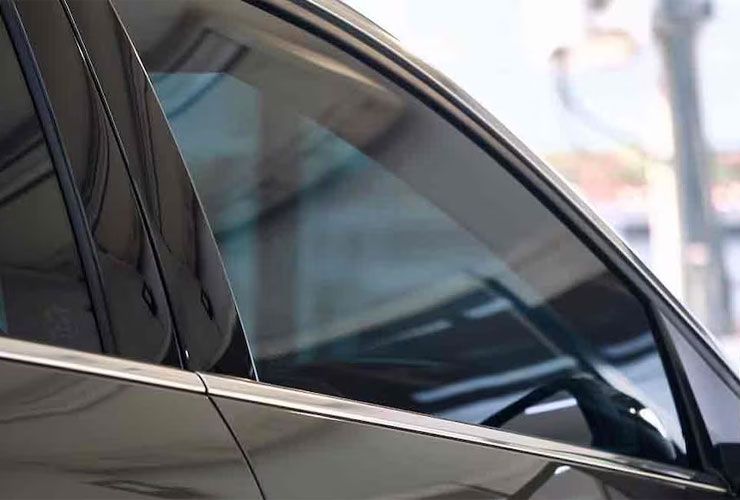Sun Film Illegal, Tinted Glass Legal - Volkswagen Polo GT Owner Explains (Video)


India’s hot, humid climate poses a significant challenge to vehicles. Outside temperature has a direct impact on occupant comfort and exhaustion. Generally, cars sold here come with more powerful air conditioning systems than those sold in many international markets. Using sun films used to be an effective way of in-cabin temperature control, until when the Government of India imposed a ban on it in 2012. The use of films is completely illegal now. A possible alternative is tinted glasses from the factory. These help in regulating the temperature inside by preventing UV rays from seeping inside. Called UV-cut glasses, these are legal to use. A video shared on YouTube by Prerak Kataria shows installing these on a Volkswagen Polo GT.
It opens by showing the owner of a 2016 Volkswagen Polo GT TSI talking about how the brand used to offer UV-cut factory-tinted glasses on the Vento and Polo.
He talks about the legality of these and even explains how to source them from the Volkswagen dealer and possible prices as well. He says that these are completely legal as the glasses are tinted from the factory, and not anything of an afterthought.

The owner says that UV-cut glasses can be bought from VW dealerships for a cost of approximately Rs 14,000 (including labour). He, however, sourced these from a White Polo Highline that he found in a scrap yard. He could get all four for as little as Rs 5,000.
The video further shows the installation process. The owner explains each step carefully. There is so much attention to detail that someone can actually use this video as a step-by-step guide for installing these glasses.
Again, it is always recommended to get such jobs done by a skilled mechanic. Confidence, experience, and skill levels matter a lot in such cases. Towards the end of the video, this owner’s Red Polo is seen with the UV-cut glasses, which, by the way, comes with a dark colour theme. The upgrade thus makes the car look more attractive.

Today, companies like Asahi India have high-quality UV-cut glasses on sale, for various car and SUV models. These continue to be lesser-known heat management solutions. If you are looking for windshield films, 3M, Garware, and several other brands can be considered.
A combination of UV-cut glasses and windshield films can be used to best optimize cabin temperature. It should, however, be noted that the use of films is still illegal on private and commercial vehicles.

The Supreme Court banned the use of sun films and other tinted films on private and commercial vehicles stating that crimes such as those against women, kidnapping, and assaults were being carried out in cars with dark films on their glasses, and the number of such cases was increasing steadily.
In 2024, however, the Kerala High Court came up with another ruling which permitted the use of ‘safety glass’ or ‘safety glazing’ on vehicles. The bench stated that the use of safety glass, safety glazing was legal according to the amended Rule 100 of the Central Motor Vehicles Rules, effective from April 1, 2021.
The safety glass/ glazing used in such cases, must, however, comply with the Indian Standards and the permissible VLT (visual light transmission) levels. These say that the films (safety glazing) used on the front and rear windscreens must offer 70% visibility while those on the side glasses should let at least 50% of light in. This setting will keep the cabin cool without affecting the driver’s visibility levels.